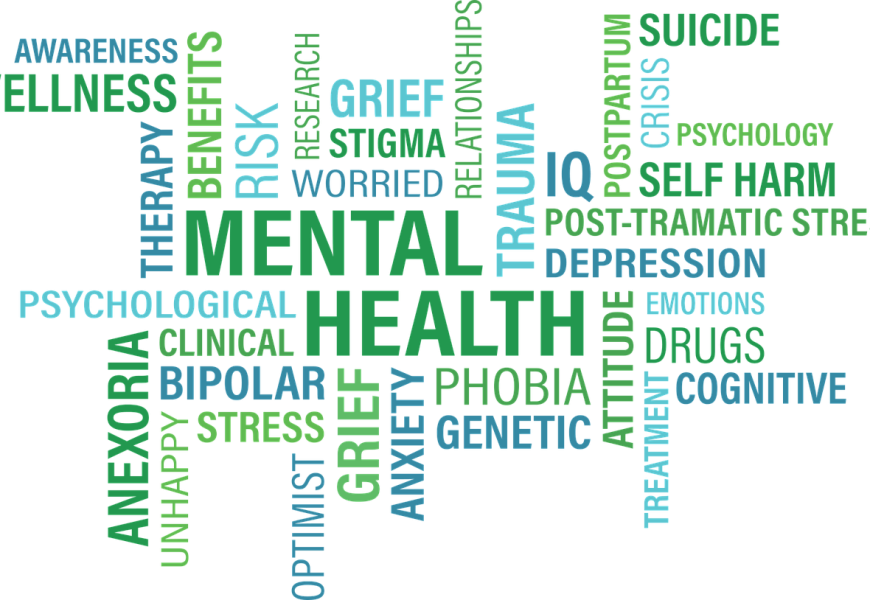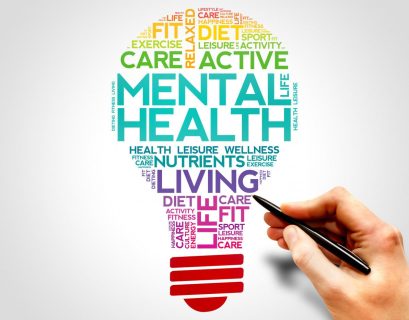Understanding and addressing mental health triggers is a crucial step toward achieving emotional well-being. Whether you’re dealing with anxiety, depression, or general stress, identifying these triggers can help you develop healthier coping strategies. If you’re looking to build your skills in managing triggers, consider exploring Mental Health Training programs that provide expert guidance and practical tools.
What Are Mental Health Triggers?
Mental health triggers are external or internal stimuli that provoke a strong emotional or psychological reaction. These reactions can often lead to feelings of distress, discomfort, or an exacerbation of existing mental health conditions. Triggers vary greatly from person to person and can include anything from a specific sound or smell to a challenging conversation or a memory.
The Importance of Recognizing Triggers
Recognizing your mental health triggers is essential for personal growth and resilience. It allows you to:
- Anticipate reactions: Understanding triggers can help you prepare for situations that might cause distress.
- Develop coping strategies: With awareness, you can create a plan to manage and mitigate the effects of triggers.
- Improve relationships: Recognizing triggers helps you communicate your needs to others, fostering healthier interactions.
Common Types of Mental Health Triggers
1. Environmental Triggers
Your surroundings can significantly impact your mental health. Common environmental triggers include:
- Noise pollution: Constant loud noises can increase stress levels and anxiety.
- Crowded spaces: Overcrowding can make individuals feel overwhelmed or claustrophobic.
- Weather changes: Seasonal Affective Disorder (SAD) is an example of how weather shifts can affect mood.
2. Emotional Triggers
Emotional triggers stem from feelings or thoughts that lead to negative reactions. Examples include:
- Criticism: Perceived or real criticism can evoke feelings of inadequacy or anger.
- Conflict: Arguments or disagreements may heighten stress and anxiety.
- Rejection: Social rejection can cause emotional pain and lower self-esteem.
3. Social Triggers
Interactions with others often play a role in mental health. Social triggers include:
- Toxic relationships: Being around negative or manipulative people can lead to emotional distress.
- Social media: Constant comparisons on social platforms can harm self-esteem.
- Isolation: Lack of meaningful connections can exacerbate feelings of loneliness or depression.
4. Physical Triggers
Physical states or conditions can also act as triggers. These include:
- Sleep deprivation: Poor sleep can negatively affect mood and cognitive function.
- Hunger or poor nutrition: Nutritional deficiencies can cause irritability and fatigue.
- Health conditions: Chronic illnesses or pain can lead to emotional distress.
Steps to Identify Your Mental Health Triggers
1. Keep a Trigger Journal
Maintaining a journal helps you track and identify patterns in your emotional responses. Include details such as:
- The situation or event.
- Your immediate feelings and thoughts.
- Any physical symptoms experienced.
2. Reflect on Past Experiences
Reflect on moments when you felt overwhelmed or distressed. What were the common factors? These insights can help pinpoint triggers.
3. Seek Feedback from Trusted Individuals
Sometimes, others notice patterns we miss. Discuss your feelings and reactions with trusted friends, family members, or therapists to gain perspective.
4. Engage in Mental Health Training
Participating in mental health training programs can equip you with professional techniques to identify and manage triggers effectively. These courses often include modules on self-awareness, mindfulness, and emotional regulation.
How to Manage and Mitigate Triggers
1. Practice Mindfulness
Mindfulness techniques such as meditation and deep breathing help you stay grounded in the present moment, reducing the intensity of emotional reactions.
2. Set Healthy Boundaries
Learn to say no and establish limits in relationships to protect your mental well-being. Boundaries are essential for avoiding unnecessary stress.
3. Develop a Support Network
Surround yourself with supportive individuals who understand and respect your mental health needs. A strong support system can make a significant difference.
4. Focus on Physical Health
A balanced diet, regular exercise, and sufficient sleep can positively impact your emotional resilience and ability to handle triggers.
5. Seek Professional Help
If triggers feel unmanageable, consult a mental health professional. Therapy can provide personalized strategies to address your unique needs.
Preventive Measures for Long-Term Mental Well-being
While identifying and managing triggers is essential, adopting a preventive approach can help you maintain better mental health:
- Educate yourself: Stay informed about mental health through resources and training.
- Practice self-care: Allocate time for activities that rejuvenate your mind and body.
- Regular check-ins: Assess your emotional state periodically to catch early signs of distress.
Conclusion
Identifying mental health triggers is a transformative step toward achieving emotional stability and resilience. By being proactive and engaging in resources like mental health training, you can empower yourself to navigate life’s challenges effectively. At Emcare, we are committed to supporting your mental health journey with expert guidance and compassionate care.
For more information about technology visit ander son tomorrow









